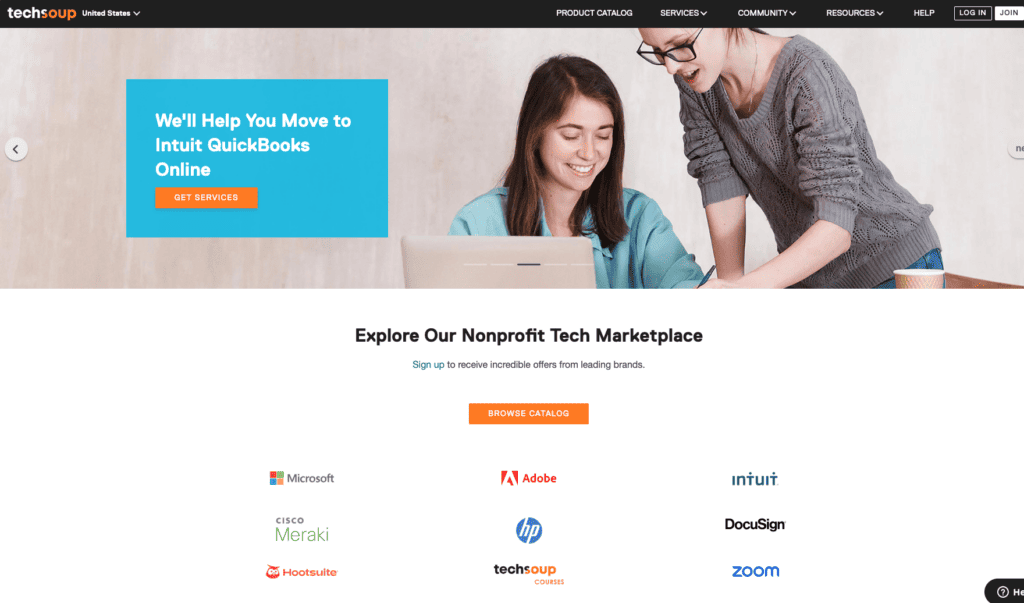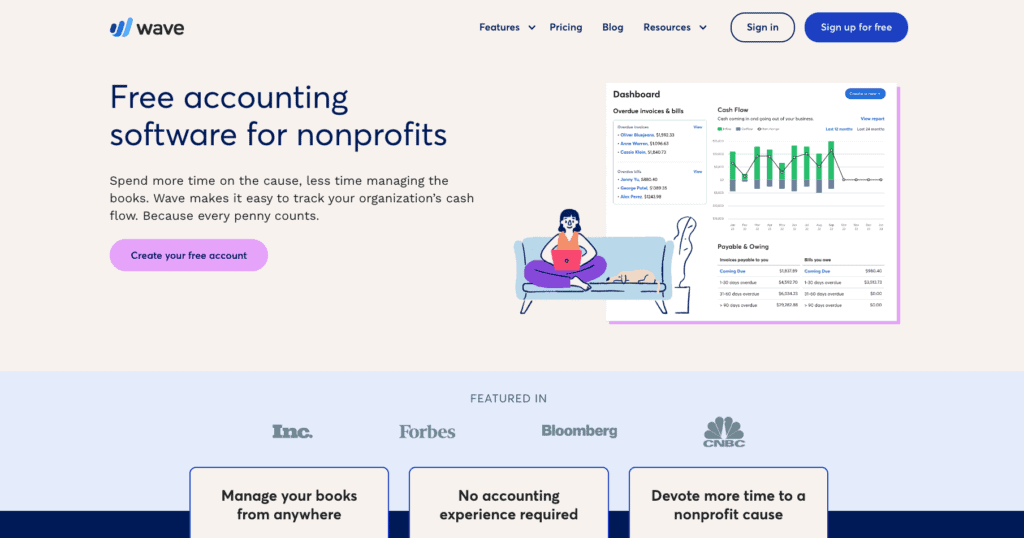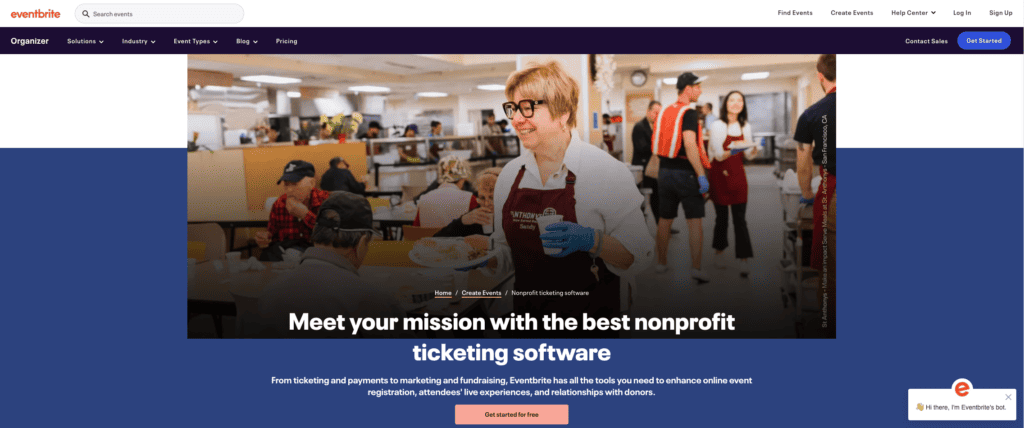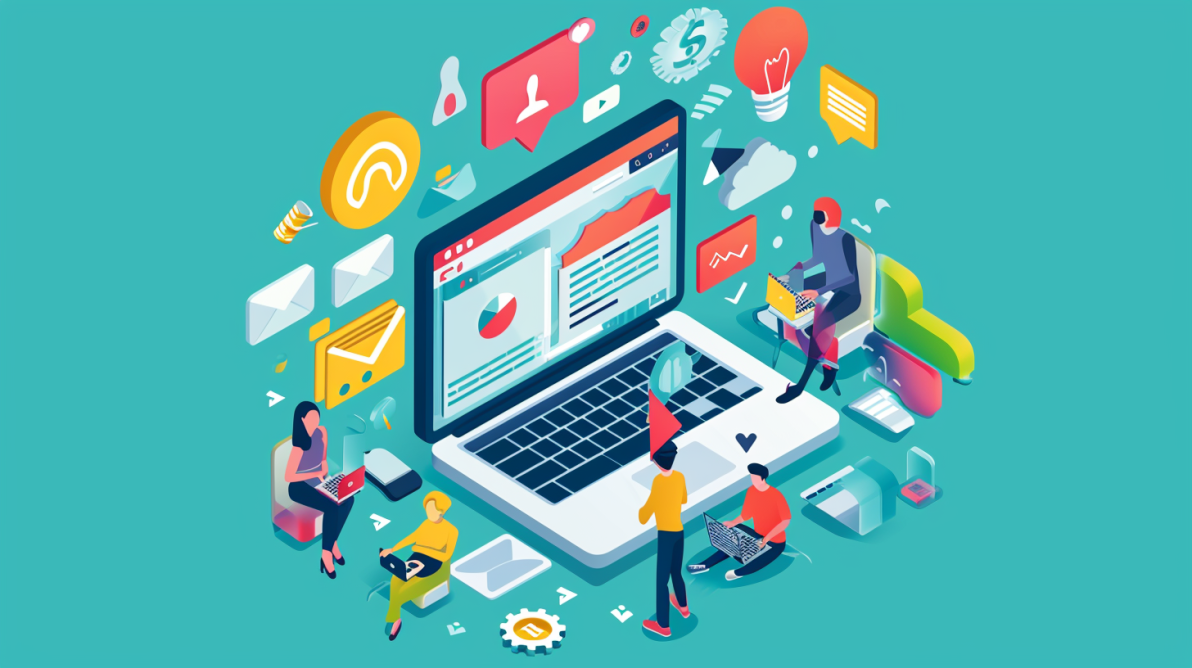Free and Discounted Digital Tools for Nonprofits in 2024
Introduction
Nonprofit organizations are often tasked with doing more with less, making every dollar count. In such a scenario, technology can be a game-changer but the cost of digital tools can be prohibitive. This article delves into the world of free and discounted digital tools for nonprofits, highlighting how they can revolutionize the way small charities operate.
The Digital Dilemma for Small Nonprofits
Small nonprofits face unique challenges in the digital age. Limited budgets mean they often can’t afford the same tools and technologies that larger organizations use to streamline their operations. This digital divide can hinder their ability to effectively manage donor relationships, market their causes, and handle day-to-day administrative tasks. Despite these challenges, the right technology is crucial for small nonprofits to maximize their resources and achieve their mission goals.
TechSoup and Similar Platforms: A Gateway to Affordable Digital Tools for Nonprofits

TechSoup stands out as the beacon of hope for small nonprofits navigating the costly waters of digital tools. It’s an incredible resource for digital tools for nonprofits and must be your first stop on your journey to equip your charity with the best digital tools for its management. This platform offers a range of software and hardware at discounted rates or even for free to eligible nonprofit organizations. Through partnerships with leading tech companies, TechSoup provides access to essential tools that would otherwise be out of reach for many small nonprofits. Other platforms like Good360 and DonorTec also offer similar services, providing discounted hardware and software to nonprofits.

Essential Tech Tools for Nonprofits on a Budget
- Customer Relationship Management (CRM) Systems: Affordable/free CRM options like HubSpot for Nonprofits or Zoho CRM help in managing donor relationships and fundraising efforts.
- Collaboration and Productivity Tools: Tools like Google Workspace for Nonprofits and Microsoft 365 for Nonprofits facilitate better team collaboration and document management.
- Financial Management Software: Software like free Wave or QuickBooks Nonprofit aids in budget tracking, financial reporting, and donation management.
- Marketing and Social Media Tools: Canva for Nonprofits and Hootgiving Hootsuite‘s offer for Nonprofit, available at discounted rates, enhance online presence and donor engagement.
- Data Analytics and Reporting: Google Analytics and Tableau Public help nonprofits track website performance and user engagement.

Expanding Digital Horizons: Website Building and Beyond
A well-designed website is crucial for fundraising, awareness, and community engagement.
- Website Building and Hosting: WordPress (free) and Wix for Nonprofits (70% Discount) offer free and discounted plans for creating professional websites.
- Graphic Design and Multimedia Tools: Adobe Express for Nonprofits and Pixlr provide tools for creating graphics and editing images.
- Email Marketing Tools: Mailchimp and Constant Contact offer discounts for nonprofits, aiding in email campaign management.
- Event Management and Fundraising Platforms: Eventbrite and GoFundMe Charity provide discounted services for organizing and promoting fundraising events.
Integrating AI Tools for Enhanced Efficiency
In addition to the traditional digital tools, the emergence of AI technologies presents new opportunities for nonprofits. The recent release of Microsoft Co-Pilot Pro and Google’s Bard exemplifies how AI can be a game-changer in the nonprofit sector.
- Microsoft Co-Pilot Pro: This AI tool, mostly free, can assist nonprofits in various tasks, from drafting documents and emails to analyzing data. Its capabilities in automating routine tasks can free up valuable time for staff, allowing them to focus more on strategic and creative work.
- Google’s Bard: As an AI-driven tool, Bard can help nonprofits in content creation, research, and even in decision-making processes by providing quick, data-driven insights. Its ability to process and summarize information can be particularly useful for grant writing and reporting.
The integration of AI tools like Microsoft Co-Pilot Pro, Google’s Bard, or Anthropic’s Claude, to name a few, can significantly enhance the efficiency of small nonprofits. These tools can automate mundane tasks, provide insights from data analysis, and assist in creative processes, thereby streamlining operations and enhancing productivity. However, it’s important for nonprofits to approach these tools with an understanding of their capabilities and limitations including AI ethical considerations, ensuring they complement rather than complicate their workflow.
Conclusion
The digital landscape for nonprofits is continually evolving, thankfully for nonprofits there are free and greatly discounted options. Leveraging these free and discounted digital tools, including AI technologies, can lead to unprecedented levels of efficiency and innovation opening up new possibilities for impact, outreach, and fulfilling their mission in ways that were once unimaginable – all without breaking the bank.

